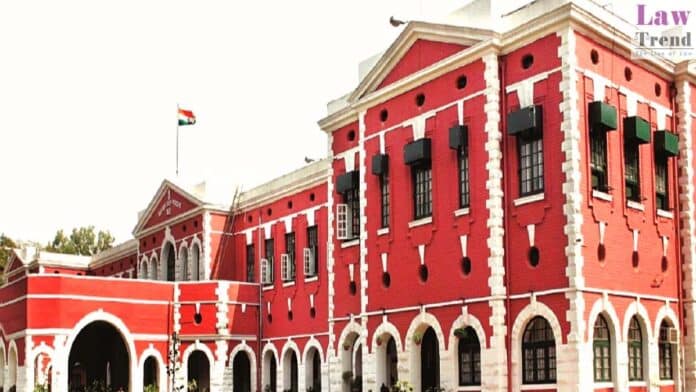The Jharkhand High Court, in a significant ruling on Goods and Services Tax (GST) law, has dismissed a writ petition filed by M/s. Pratik Enterprises challenging a penalty imposed under Section 129(3) of the CGST Act, 2017. A Division Bench comprising Chief Justice Tarlok Singh Chauhan and Justice Sujit Narayan Prasad held that a discrepancy
To Read More Please Subscribe to VIP Membership for Unlimited Access to All the Articles, Download Available Copies of Judgments/Order, Acess to Central/State Bare Acts, Advertisement Free Content, Access to More than 4000 Legal Drafts( Readymade Editable Formats of Suits, Petitions, Writs, Legal Notices, Divorce Petitions, 138 Notices, Bail Applications etc.) in Hindi and English.




